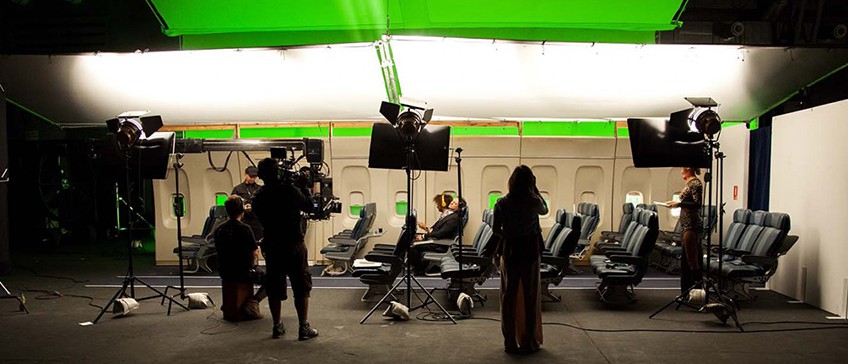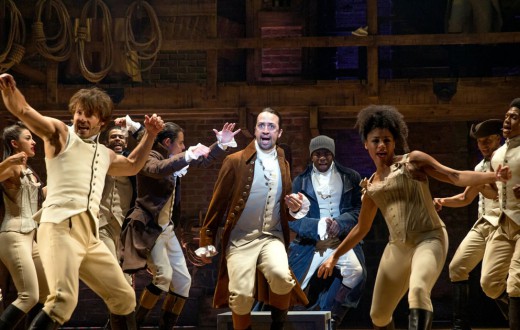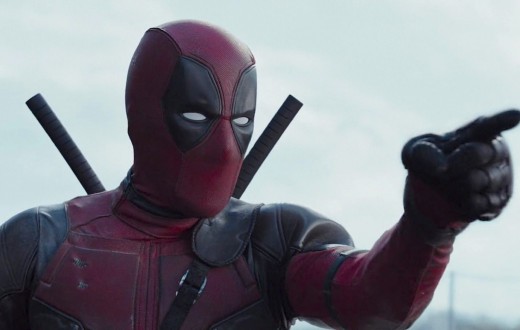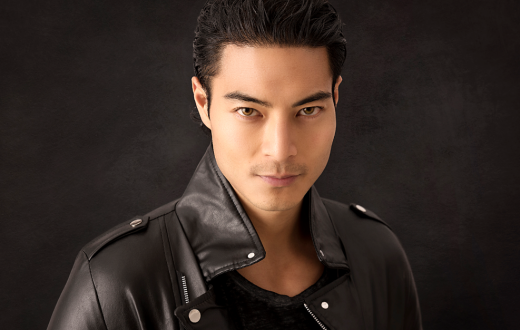Sometimes it’s hard to imagine, but every actor you’ve ever heard of had to start somewhere. They all had their very first steps onto a stage, their very first rehearsal, their very first lines uttered. There was a point at which your favorite actor was a fresh-faced newbie, as wide-eyed and awe-struck by this strange new world of acting as anyone.
And just like anyone else who is new at anything, they made mistakes, just like the rest of us. The difference being–aside from natural talent–they had the desire and drive to do the work it takes to correct their mistakes and get better.
So in an attempt to help some of our brothers and sisters who have more recently joined this nutty family of acting avoid some pitfalls, here are a few common errors–and solutions for them!
1. Dealing with stage fright
There are some actors out there who claim they never feel any nerves or stage fright, the implication being that if you do, perhaps you are somehow inadequate. Not to put too fine a point on it, but that is utter bullshit. Henry Fonda, famed Oscar, Tony, Grammy and Golden Globe award winner is said to have suffered throughout his entire career from such intense stage fright that he would routinely throw up just off stage a few moments before his first entrance. It’s not that experienced actors don’t get stage fright, it’s that they develop the tools to overcome it. The fix: experience. The more time you can spend performing (and rehearsing in front of peers, family, friends) the more comfortable you will be on opening night. Get a scene study group going, join an improv group or class, perform at open mic nights, audition as much as you can. Practice makes perfect. This also applies to learning your lines: the better you know your part the more comfortable you will be. Another fix is breathing exercises: just before a performance begins, close your eyes and concentrate on your breathing, taking breath all the way down to the bottom of your lungs. Musician extraordinaire Neil Young swears by a set or two of push-ups just before hitting the stage to get his breath going deep and relaxed instead of nervous and shallow. Just remember that even as a performer, you are a human being among other humans, doing something extraordinary: you are sharing a small piece of your heart in an attempt to connect with our common humanity and existence across the history of our species as told through performance. Do so in love and celebration.
2. Forgetting the audience
For many, once they’ve overcome stage fright, the pendulum swings too far the other way and they forget there are people out there trying to hear and see them perform. The fix: avoid turning fully upstage or speaking directly to another actor if it means turning your body away from the house or camera. Good directors will help their actors make the right choices in the blocking process, but you can serve yourself and your show by making sure you cheat your body and face out to the audience to ensure you are seen and heard. Think of the audience as another actor who is part of the scene, and you want them to know what’s going on. To that end…
3. Forgetting diction and volume
Another common mistake beginners make–and one that is unfortunately becoming more common as more and more young actors go for a certain mumbling “naturalism” that is in fact pretty phony itself–is neglecting volume and diction. If you’re performing for television or film and you are fitted with a body mic, you don’t have to worry about volume. But you still need to speak clearly and enunciate your words. And if you’re performing on stage, you absolutely need to make sure that, even during the “quiet” scenes, the people in the back row can hear you clearly. The fix: to address this problem you need to enlist the help of a friend, crew member or a camera to gauge the volume needed to be heard in the back of a full house, and practice hitting that volume every time. Also, as part of your regular warm-ups every actor should run through some tongue-twisters and diction exercises as well as doing physical warm-ups before every performance. Going out to perform cold as an actor is just as ugly as if an athlete were to do it. You might not pull a hamstring, but your director and your fellow performers will know you’re not all there. Even inexperienced audience members will know something is off. Don’t cheat yourself, your castmates, your show or your audience by skimping on warm-ups.
4. Not engaging with their entire instrument
A lot of beginning actors get so focused on remembering their lines and blocking that they spend the entire show or scene in their head, saying words and moving from place to place, but doing so robotically. Yes, you need to learn your lines and say them correctly. But the danger here is forgetting that you are playing a person, not an automaton. The fix: part of your work in developing your character should be in developing their movements and their physicality. How does Stanley Kowalski walk? How does he open the refrigerator or eat? Is it the same way that Willy Loman does? I think not. Even when you are not speaking you should be INHABITING your character every moment you are on stage or before the camera. To inhabit means to dwell within or to be present somewhere. To this end, while you are working on memorizing lines, incorporate movement. Feel out the entrances and exits of your character, the way he or she sits and stands up, maybe find a tic or physical habit. It’s these details that separate a true, rich and fully fleshed-out performance from an adequate one.
5. Breaking character
The joy of acting is walking the knife’s edge between glory and failure. It’s an adrenaline rush like no other, and that’s part of why we love it. So it’s inevitable that at some point, we all slip into the abyss. We forget a line, we miss an entrance, we forget a key prop. These things happen. The danger for a lot of newer actors is that anything that goes even slightly askew can send them careening off the tracks and derail their entire performance and perhaps the entire show. You simply cannot break character no matter what goes wrong. Unless someone has a heart attack or the building catches fire, you must must must stay in the moment, no matter what. Until the director says to cut or the curtain call is over, you cannot say “Stop. I don’t know where we are,” without risking death by smothering with make-up sponges and ostracism. The fix: learn your lines inside and out, backwards and forwards, and upside down. If another actor jumps a page, you need to be able to catch up with them, and even to give a piece of vital information they might have skipped. Practice staying in character and chatting with your fellow actors as their characters. You might be surprised at what discoveries you can make in such moments!







